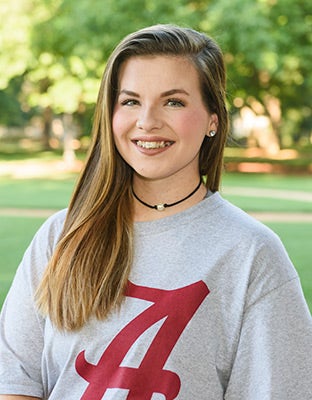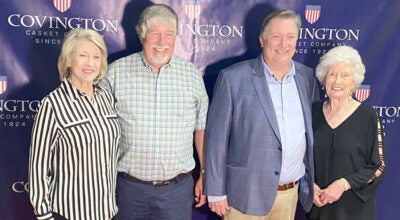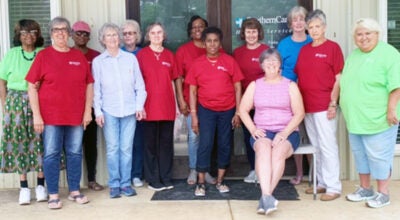Straughn senior among UA’s health scholars
Published 1:19 am Wednesday, June 28, 2017
Straughn High School senior Jessica Aplin experienced college life firsthand this summer through the Rural Health Scholars program at the University of Alabama.
The five-week program, offered through UA’s College of Community Health Sciences, introduces students from rural areas to college life and gives them an orientation to the need for health and medical professionals in communities like their own.
The Rural Health Scholars, who are rising high school seniors, live on campus, take college courses in English and chemistry, learn about health careers, participate in seminars with practicing health care professionals and make field trips to rural health care facilities and a medical school.
Aplin heard about the program through her guidance counselor and thought it would be a great start to her goal of becoming a radiologist.
“I wanted to gain a better knowledge of college life, as well as accomplish the first few goals of entering the medical field,” Aplin said. “My favorite part has been the opportunity to meet new people from all over the state and being a part of UA for a little while.”
Students participating in the program receive college credit, tuition, housing and a meal ticket. Since the Rural Health Scholars program was founded in 1993, nearly 650 students from rural areas within every Alabama county have participated.
Statistics show rural students are more likely to live and practice in rural areas, said Cynthia Moore, assistant director of the Rural Scholars programs. The Rural Health Scholars and the Rural Minority Health Scholars programs are part of the UA Rural Health Leaders Pipeline founded by Dr. John Wheat, a professor of community and rural medicine in the College of Community Health Sciences.
The Pipeline’s mission, said Wheat, is to encourage, attract and nurture students of rural Alabama into and through programs to “grow our own” rural health professionals who are leaders in developing healthy communities.






